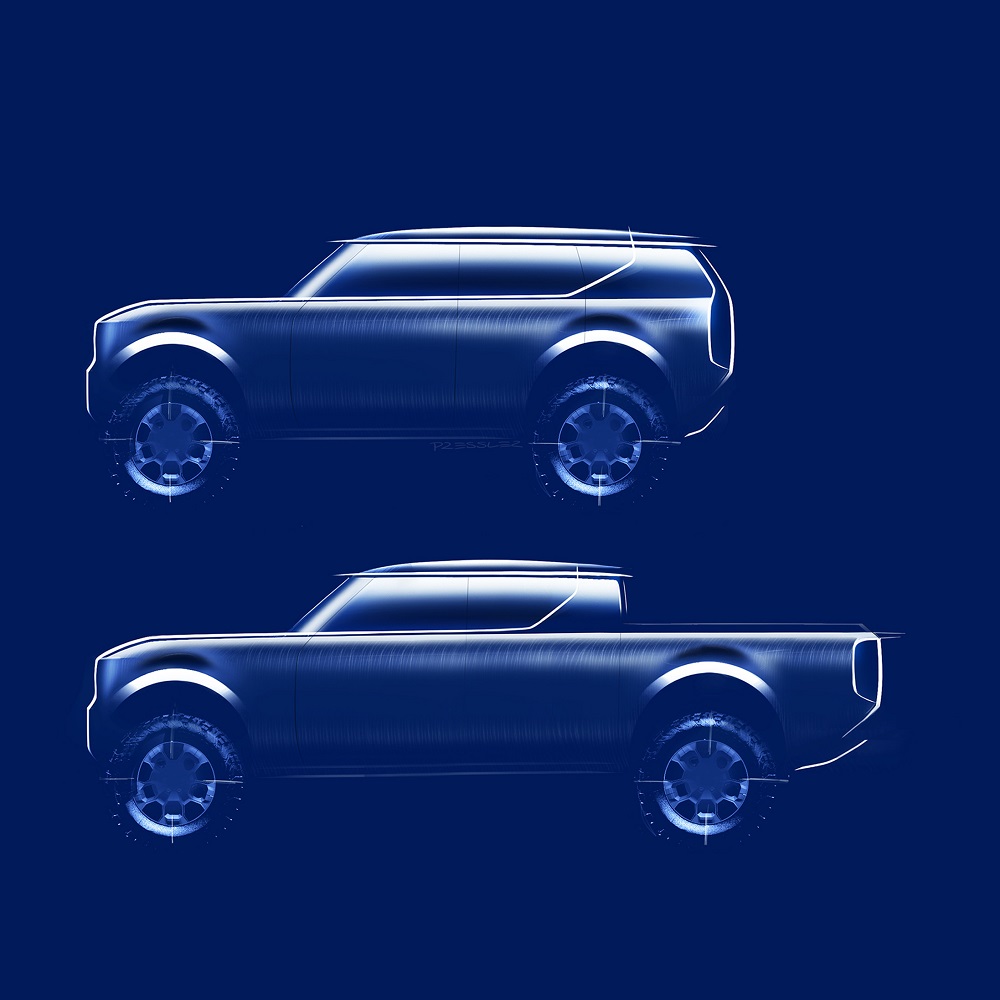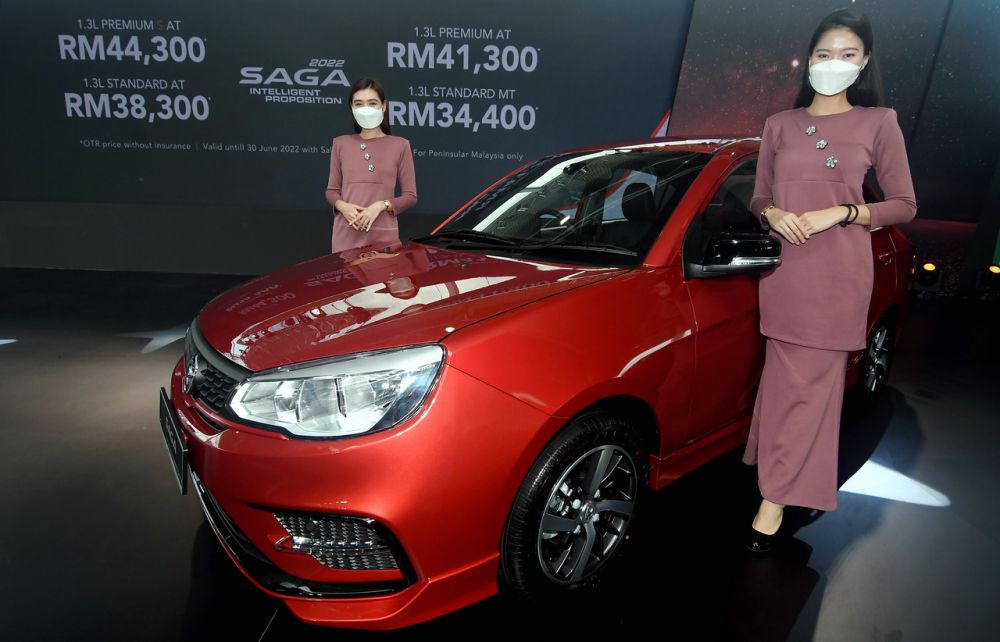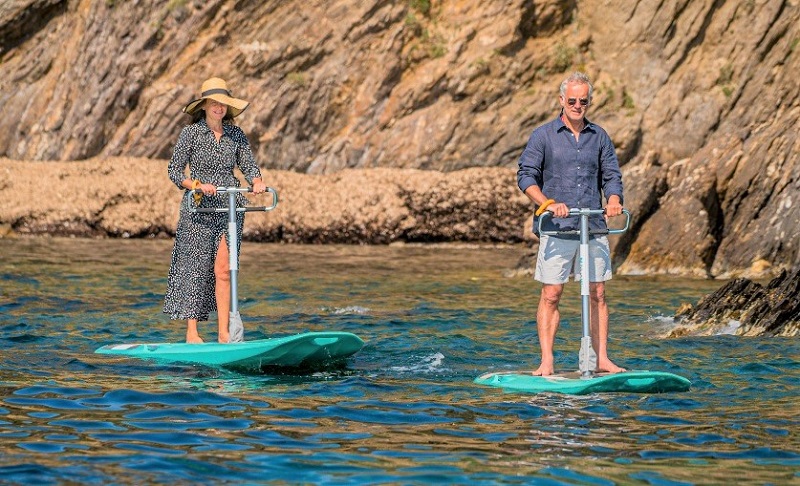SEOUL, July 15 — Bayerische Motoren Werke AG agreed to spend billions of euros increasing its orders of Samsung SDI Co. batteries as the world’s largest maker of luxury cars expands its line of electric vehicles.
BMW is planning to increase its purchases of SDI battery cells for the electric i3 city car and the plug-in hybrid i8 sports car as well as for “additional hybrid models” in the coming years, the Munich-based carmaker said today in a statement. BMW assembles the cells into batteries at a facility in Dingolfing, Germany.
“The battery is a key component in every electric vehicle — since it basically determines the range and performance capabilities of the car,” Klaus Draeger, BMW’s purchasing chief, said in the statement. “In Samsung SDI, we have chosen a supplier that offers us the best-available technology with future-oriented Korean battery expertise.”
The deal paves the way for BMW to secure supply of batteries — the most expensive part of an electric vehicle — as it rolls out the i8 and i3 to counter inroads by Tesla Motor Inc. into the luxury-car segment. For Samsung SDI, which supplies batteries to Apple Inc., the order builds on the company’s plans to expand its automotive business months after agreeing to acquire Cheil Industries Inc. for 3.5 trillion won (RM10.82 billion) to add its chemicals and materials expertise.
Samsung SDI, a unit of South Korea’s Samsung Group, rose 0.6 per cent to close at 173,000 won, the highest since December. The shares have gained 6.8 per cent this year, while the benchmark Kospi index is little changed. BMW slipped 0.6 per cent to 92.25 euros at 11:27 a.m. in Frankfurt trading.
More ‘i’ models
BMW plans to add more models as part of its electric “i” sub-brand, Ian Robertson, BMW’s head of sales and marketing, said last month, as the company started deliveries of the i8.
“We spent a lot of money on this and are definitely thinking long term,” Robertson said. “There are going to be others in the BMW i lineup.”
The supply deal is worth worth “multi billions of euros,” Gyeonggi, South Korea-based Samsung SDI said in a separate statement, without giving details such as the exact value. A battery can account for as much as 40 per cent of an electric vehicle’s manufacturing cost, Samsung SDI’s spokesman David Kim said by phone. BMW’s i3 starts at US$41,350.
Sales of hybrids and electric vehicles are projected to grow steadily to reach 5.2 million units by 2020, or 7.3 per cent of all passenger vehicles, according to a November 2010 report by J.D. Power & Associates. BMW said it sold 5,400 i3 cars in the first half of 2014 and demand for the i8 is “significantly higher” than initial production plans.
Battery growth
“Expanding its supply track record will help Samsung SDI as it tries to increase its customer base,” Lee Sang Hyun, an analyst at NH Investment & Securities Co., said by phone. “The deal will help SDI have greater presence as an electric car battery maker in the US and Europe.”
According to Japanese research firm B3, the global market for automotive lithium-ion batteries will increase to US$21.3 billion (RM67.77 billion) in 2020 from US$4.4 billion in 2014. Samsung SDI has provided batteries to BMW since 2009. Its competitors include South Korea’s LG Chem Ltd., which supplies France’s Renault SA, and Panasonic Corp., which supplies batteries to Tesla. Samsung Electronics Co., the world’s biggest maker of memory chips and smartphones, owns about 20 per cent of SDI, according to data compiled by Bloomberg. — Bloomberg






















